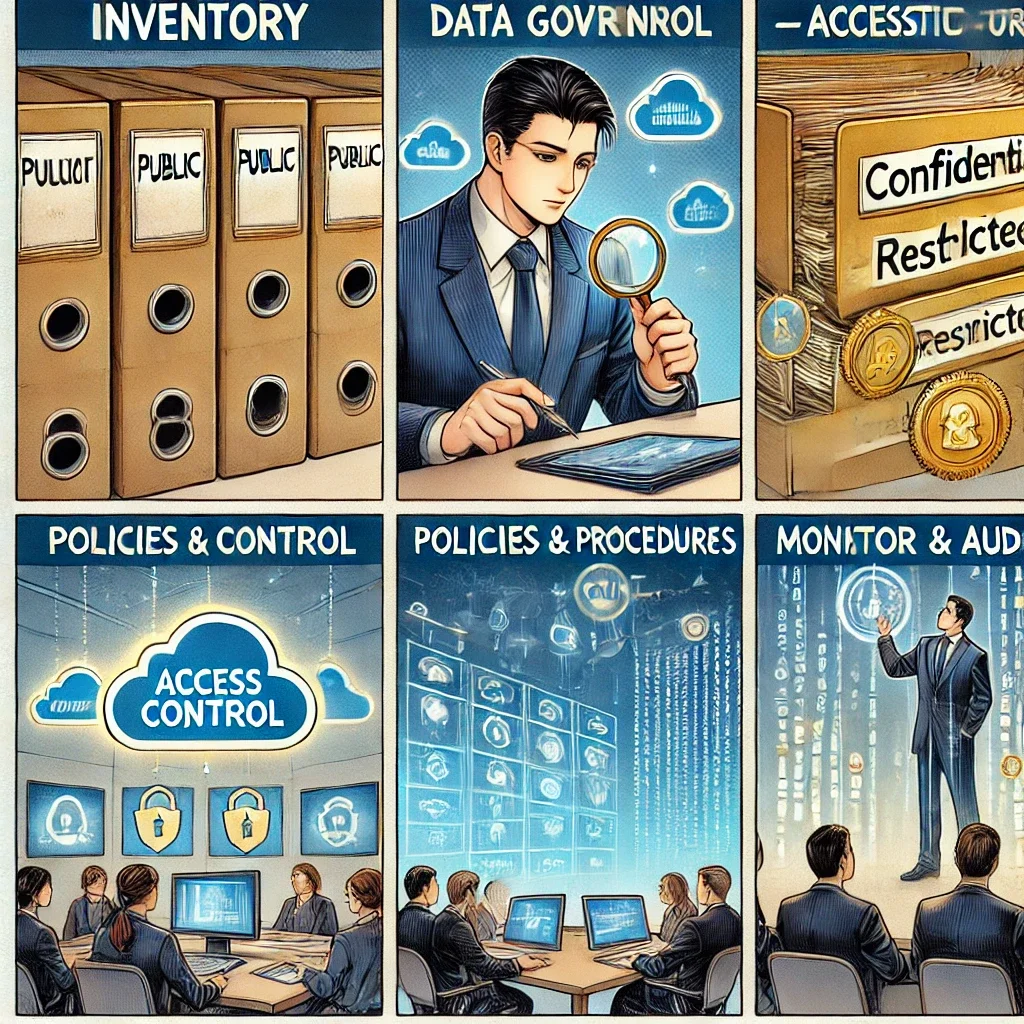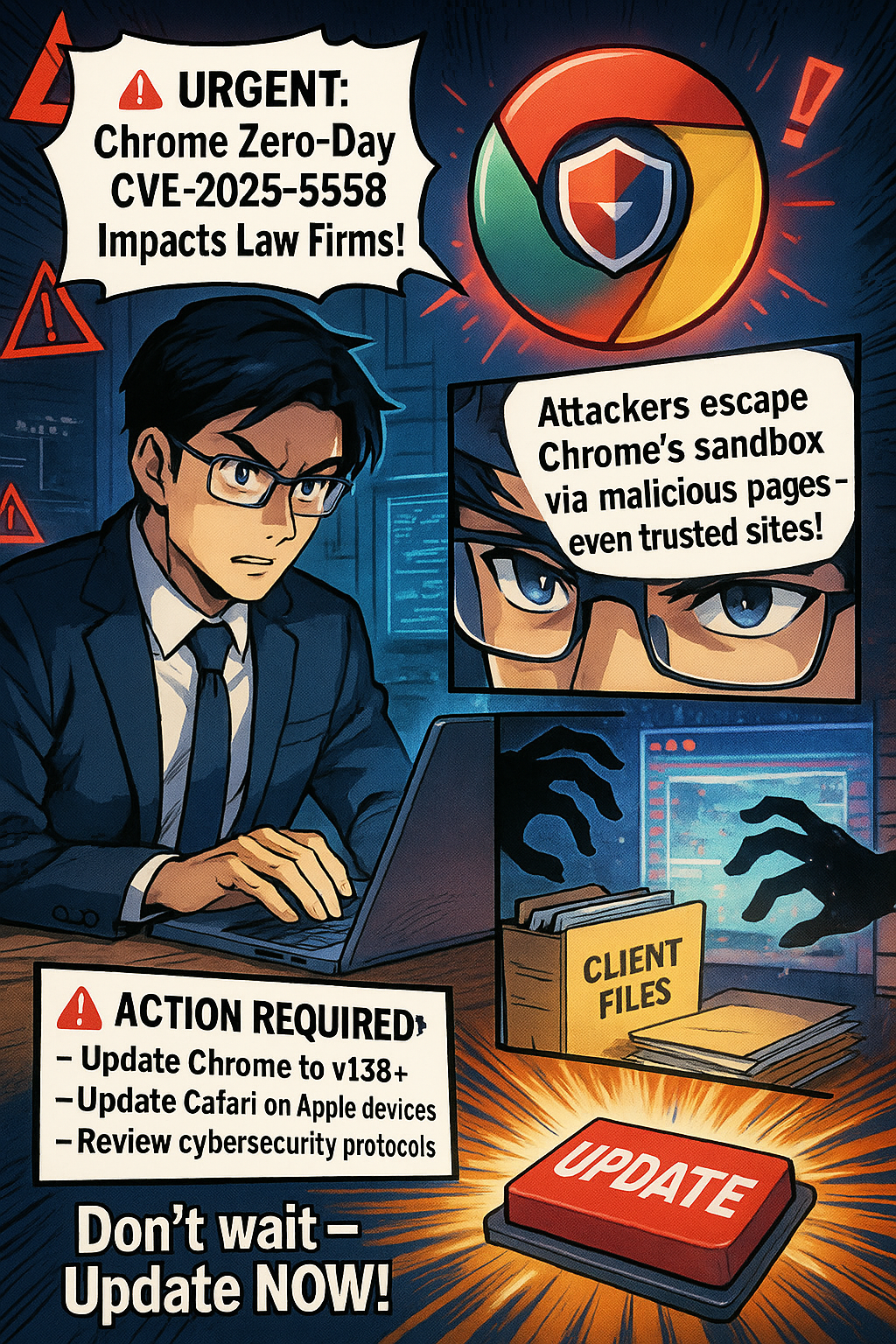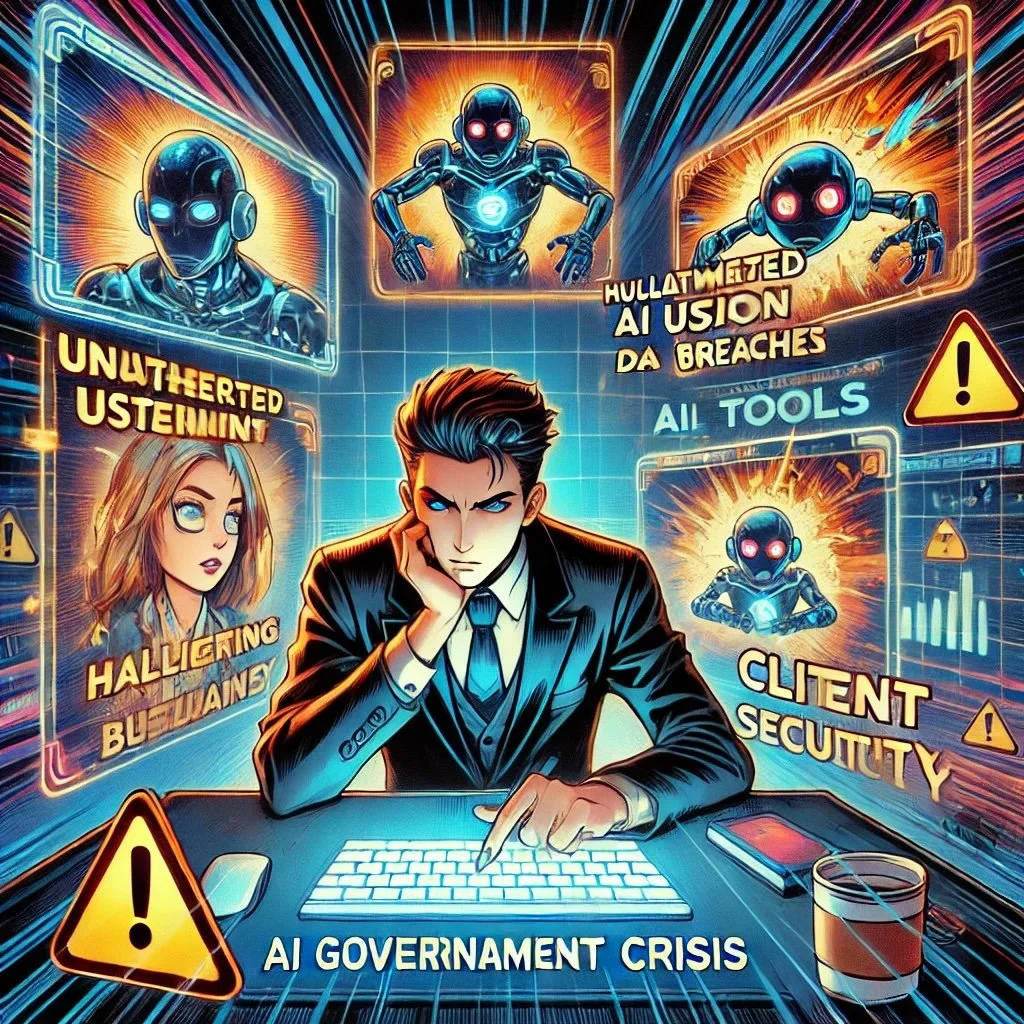🎙️ TSL Labs! Google AI Discussion of MTC: 🚨‼️ Emergency BOLO! 🚨‼️ Lawyers on the Go: Essential Tech Strategies for Air Travel During the Government Shutdown ✈️
/📌 Too Busy to Read This Week's Editorial?
Join us for an emergency professional deep dive into essential tech strategies for air travel during government shutdowns and travel disruptions. 🛫 This AI-powered roundtable unpacks Michael D.J. Eisenberg's critical editorial with actionable intelligence on real-time flight tracking, data security protocols, connectivity redundancy, and power management. Whether you're a legal professional navigating travel chaos or anyone managing disruptions during system-wide stress, discover how to transform from reactive scrambling to proactive control—turning travel crises into manageable projects you command. Learn the five professional-grade rules that separate those who navigate disruptions from those who get derailed.
In our conversation, we cover the following:
00:00:00 – Introduction: Welcome to Tech Savvy Lawyer Labs Emergency BOLO
00:01:00 – Travel Chaos as the New Normal: System Volatility & Professional Vulnerability
00:02:00 – Flight Schedule Control: The Illusion & Reality of Travel Disruptions
00:02:00 – Extreme Volatility in Air Travel: Cascading Flight Cancellations & Customer Service Chaos
00:02:00 – Real-Time Flight Tracking Strategy: Flightradar24 & FlightAware Intelligence Systems
00:02:00 – Backup Flight Monitoring: Multi-Carrier Surveillance Strategy (Delta, United, American)
00:03:00 – Proactive Intelligence vs. Reactive Response: One-Hour Lead Time Advantage
00:03:00 – Early Rebooking Strategy: First and Second Choice Flight Selection
00:03:00 – Trusted Traveler Programs: TSA PreCheck & Time Investment ROI
00:03:00 – TSA PreCheck Value: $78 for Five Years & Security Line Efficiency
00:03:00 – Global Entry: $100 for Five Years with International Customs Acceleration
00:04:00 – Trusted Traveler Planning: Background Checks, Interviews & Months-Ahead Application
00:04:00 – Public WiFi Malpractice Alert: Data Security & Vulnerability Assessment
00:04:00 – Personal Mobile Hotspot: Cellular Encryption Over Public Networks
00:05:00 – Dual Carrier Coverage: eSIM Technology & Connectivity Insurance
00:05:00 – Dual SIM Implementation: T-Mobile & Verizon Redundancy Strategy Without Two Phones
00:05:00 – eSIM Digital Technology: Two Active Lines on One Device
00:05:00 – Prepaid Data Plan Strategy: Coffee-Price Monthly Cost for Connectivity Backup
00:06:00 – VPN Non-Negotiables: Encrypted Tunnel & Automatic Connection Protocol
00:06:00 – VPN Automatic Startup: Device Initialization & All-Device Coverage (Phone, Tablet, Laptop)
00:06:00 – International Travel Security: VPN Encryption & Surveillance Protection
00:07:00 – TSA-Approved Power Banks: 100 Watt-Hour Specifications & 27,000 mAh Ceiling
00:07:00 – Laptop Charging: 100-Watt USB-C Power Bank Requirements (MacBook Pro)
00:07:00 – Multi-Device Charging: Simultaneous Laptop, Phone & Tablet Power Delivery
00:07:00 – Smart Power Display: Charging Speed Monitoring & Juice Rationing
00:07:00 – Surge Protector Safety: Airport Outlet Protection & Device Insurance
00:08:00 – Airport Lounges: Priority Pass Access & Productivity Sanctuaries (1,300+ Worldwide)
00:08:00 – Travel Credit Card Benefits: Complimentary Lounge Visits Strategy
00:08:00 – Conference Call Chaos: Professional Communication Environment Solutions
00:08:00 – Noise-Canceling Headphones: Sony XM5 & Bose QuietComfort Professional Focus
00:08:00 – Battery Life Requirements: 30-40 Hour Endurance for Extended Delays
00:09:00 – Offline Access Mandate: Pre-Departure Critical File Downloads
00:09:00 – Six-Hour Offline Capability: Zero-Connectivity Work Strategy
00:09:00 – Adobe Scan App: OCR Technology & Mobile Document Management
00:10:00 – Adobe Ecosystem Syncing: Cross-Device Workflow & E-Signature Integration
00:10:00 – Apple Ecosystem Continuity: iPhone, iPad & MacBook Seamless Integration
00:10:00 – FileVault Encryption & Face ID: Built-In Security Non-Negotiables
00:11:00 – Five Professional-Grade Rules: Pre-Travel Checklist & Crisis Preparation
00:11:00 – Rule One: Full Device Charge Before Departure
00:11:00 – Rule Two: Offline Maps & Critical Files Downloaded Locally
00:11:00 – Rule Three: Screenshot Everything (Boarding Passes, Hotel, Car Rental)
00:11:00 – Rule Four: Distributed Charger Storage Across Multiple Bags for Backup Power
00:11:00 – Rule Five: Share Itinerary with Emergency Contact
00:11:00 – Post-Crisis Integration: Permanent Daily Workflow Implementation
00:11:00 – The Bigger Question: Crisis Tools as Permanent Professional Standards
00:12:00 – Transition to AI Ethics Discussion: Hidden AI Crisis in Legal Practice Teaser
00:14:00 – Conclusion: Tech Savvy Lawyer Labs Roundtable Summary & Resources
Resources 📚
Mentioned in the episode:
Global Entry (CBP Trusted Traveler Program): https://www.cbp.gov/travel/global-entry
TSA PreCheck (Trusted Traveler Program): https://www.tsa.gov/precheck
Hardware mentioned in the conversation:
Bose QuietComfort Noise-Canceling Headphones: https://www.bose.com/en_us/products/headphones/over_ear_headphones/bose-quietcomfort-headphones.html
Sony WH-1000XM5 Noise-Canceling Headphones: https://www.sony.com/electronics/headband-headphones/wh1000xm5
TSA-Approved Power Bank (100 Wh, USB-C): https://www.amazon.com/s?k=100+watt+hour+power+bank+usb-c
Travel-Sized Surge Protector: https://www.amazon.com/s?k=travel+surge+protector
Software & Cloud Services mentioned in the conversation:
Adobe Document Cloud (Cross-Device Sync & E-Signature): https://documentcloud.adobe.com
Adobe Scan App (Mobile Document Scanning & OCR): https://www.adobe.com/acrobat/mobile/scanner-app.html
Apple FileVault (Device Encryption): https://support.apple.com/en-us/HT204837
Apple iCloud (File Sync & Continuity): https://www.icloud.com
FlightAware (Real-Time Flight Tracking & Alerts): https://flightaware.com
Flightradar24 (Real-Time Flight Tracking): https://www.flightradar24.com
Priority Pass (Airport Lounge Access - 1,300+ Worldwide): https://www.prioritypass.com
VPN Services (Research Provider Options): https://www.nerdwallet.com/article/apps/best-vpn
























